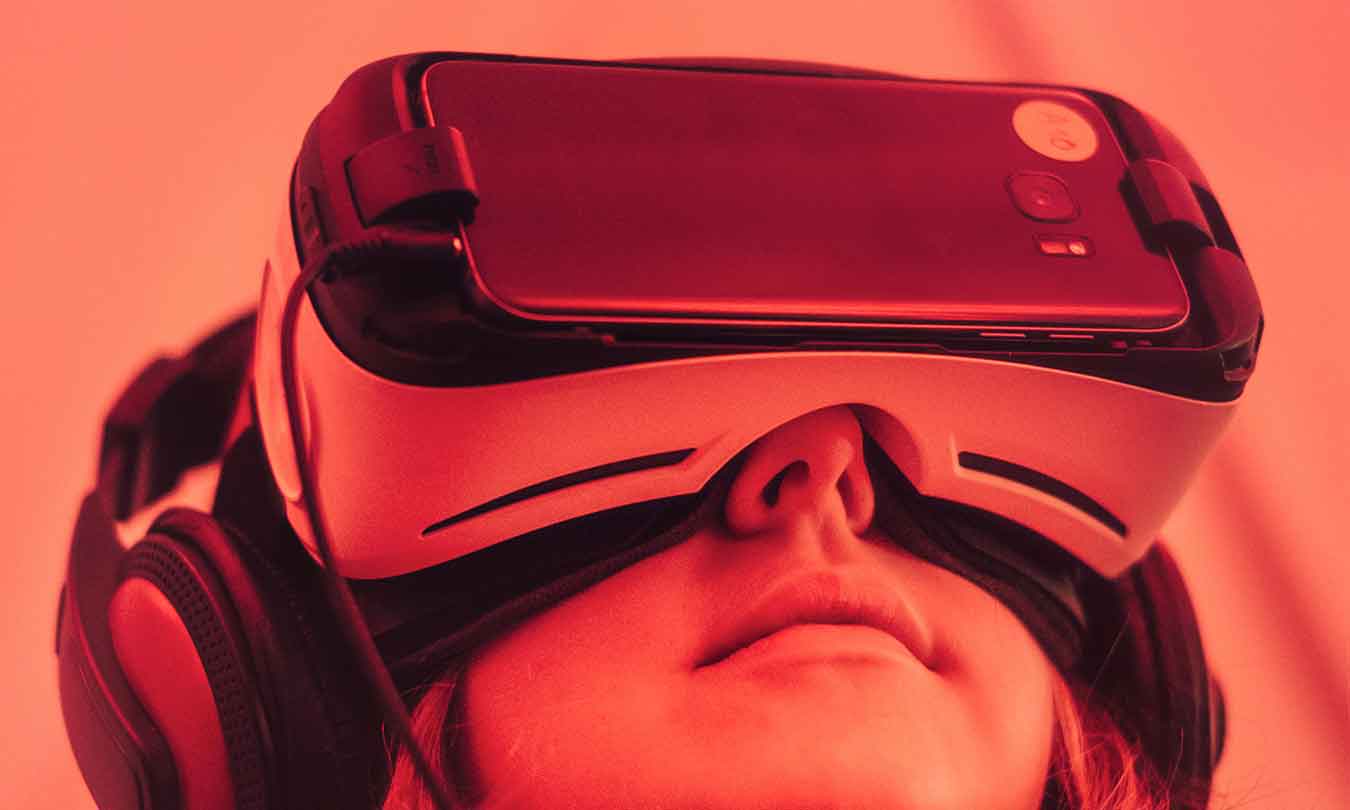Virtual Reality in Education
In the recent years, we went from 2D games like Tetris and Snake to virtual reality games. This immense advancement does not only reflect the gaming industry. You can find technological advancements everywhere except in the education sector. Now it is about time to use the latest promising technology of virtual reality to revolutionize education
From Gaming to Real World Use-Cases
In 2016 the virtual reality technology became popular in the gaming industry. Oculus Rift, HTC Vive, and the PlayStation VR are all devices mainly focussed on delivering VR gaming experiences. This is also the reason why the current content for VR is currently focussed on gaming. But this is changing the virtual reality is gaining interest for other real-world use cases such as education of a virtual doctor.
Virtual Reality Education Today
Different startups and institutions already publish educational content for the Google Cardboard, the Oculus Rift, and the HTC Vive. They are mainly focussed on educational experiences in chemistry, physics, biology, and history. You can, for example, travel through our solar system with “Titans of Space 2.0” which is out for the HTC Vive, Oculus Rift, and Google. Students can visit ancient places like Egyptian Tombs and discover history in virtual reality. What about visiting cities before they were destroyed in world war one?
Google is focussing on exactly the same use case. Google Expedition is offering starter kits for schools. Pupils can then visit places all around the world. Pupils who cannot afford to visit place around the world can now explore more than 100 places in virtual reality with Google Expedition. Examples are the Great Wall of China or even the Mars.
Today the VR learning experience is focussed on 3D animations of 3D objects and landscapes like buildings, cities, or animals. But use cases are not limited to this.
VR Classrooms and VR universities
The most promising VR use-case in the area of education are VR classrooms and VR universities. They are combining advantages of both: massive open online courses and real-world classes. VR classrooms may include virtual presentations, virtual group work, and the possibility to socialize virtually. Students can meet other students who are learning the same materials and thus increase their understanding of the material.
Learning Advantages
VR is not only a great technology but the fact that you experience materials in a virtual reality setting shows some great benefits. Students can only remember 20% of what they hear. By using virtual reality technology we can put them directly into a virtual environment in person. This will lead to a “learning by doing” and a much better memory of the learning material.
Location and Cost Independent Education
VR learning is possible all around the world and it is also becoming affordable for people all around the world. A Google Cardboard is currently for sale for $20 but the production costs are less than $0.50. The Samsung Gear sells for around $70 and high-end VR headsets are also becoming more affordable. The Oculus Rift is available for around $600 but NVIDIA is estimating that less than 1% of all PCs worldwide have the capacity to run VR applications.
As soon as high-end VR headsets become affordable for everyone they will represent and location and cost independent education alternative for everyone. Technology is not limited to a location. Students from China, India, Australia, South Africa, Namibia, Mexico, and Greece may join a virtual class and learn and socialize with each other. Universities will start offering free VR courses as it is the case with massive open online courses right now. VR has the potential to connect cultures and people from around the world with each other in ways it has never been possible before. Students with physical disabilities or financial disadvantages will have the chance to experience a similar learning experience to real-world classes in developed countries.


Leave a Reply